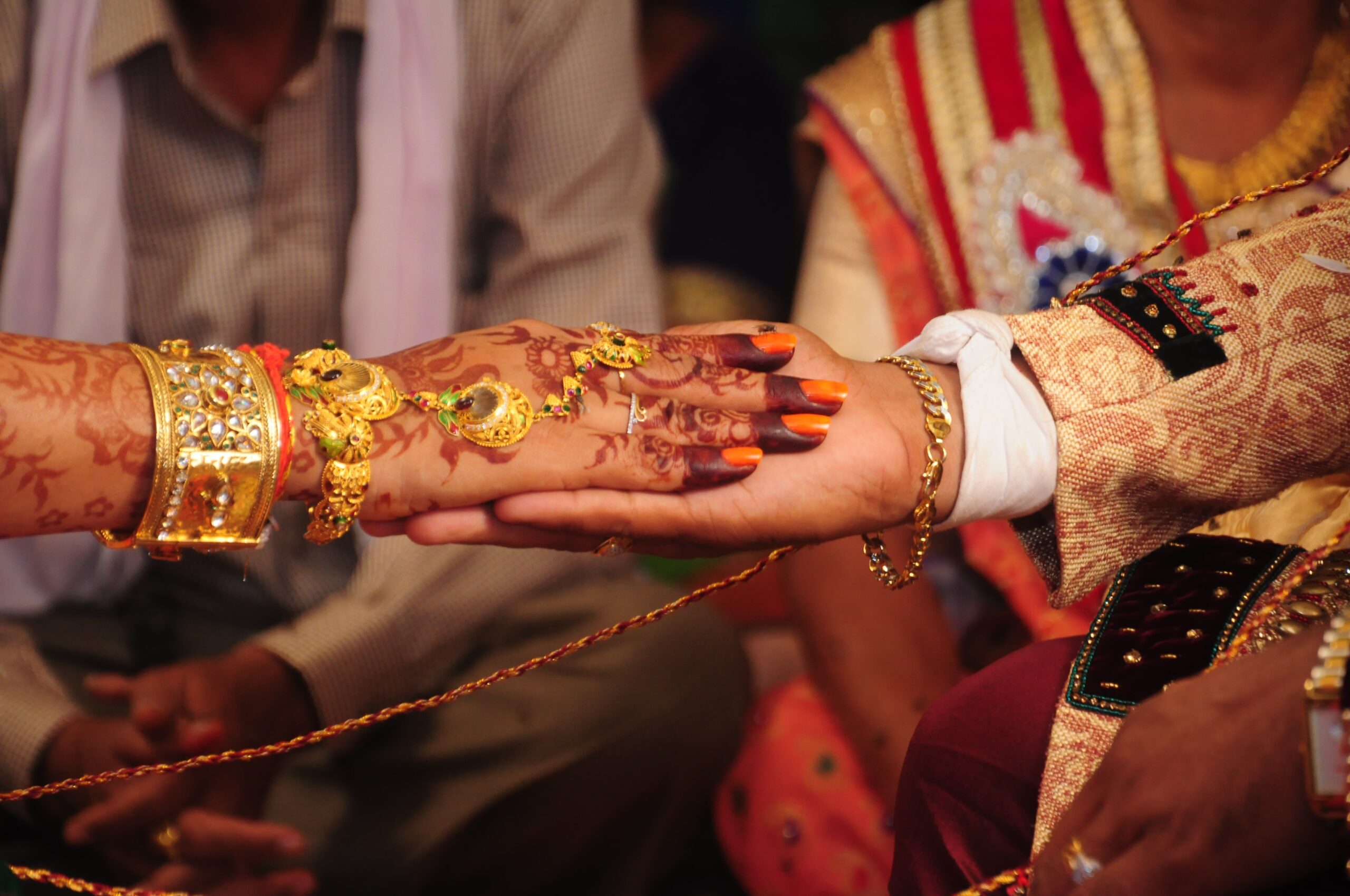The Kamma community is one of the largest and most prominent communities in the states of the southern part of India like Andhra Pradesh, Telangana, and Tamil Nadu. The Kamma community has a rich and diverse history that dates back several centuries ago.
The modern community of Kamma is believed to have originated from agriculturists of the Kammanadu region in coastal Andhra Pradesh.
According to historical records, the Kamma community was originally a warrior caste. They were responsible for protecting their land and people from external threats. Over time, they began to engage in agriculture and business, and their social status and economic power grew.
People of the Kamma community served as ministers, military generals, and governors in the Vijayanagara Empire. During the reign of Krishnadevaraya, the Kamma people are said to have formed the bulwark of the Vijayanagara army. Their role in protecting the last great Hindu kingdom of India was significant.
Social Culture
The Kamma community has a strong sense of social culture, and they place great importance on maintaining their customs and traditions. They have a rich and unique cultural heritage that is reflected in their language, music, dance, food, and clothing. The Kamma community is known for its love of literature. Many prominent writers and poets have emerged from the community over the years.
Importance of Education
The Kamma community also places great importance on education and learning. They have a high literacy rate compared to other communities in the region. They have established many educational institutions, including schools and colleges, to promote education and knowledge among their people.
Social Structure
In terms of social structure, the Kamma community follows a hierarchical system, with the elite families at the top and the lower castes at the bottom. However, there is a sense of unity and cooperation among the members of the community. They work together to promote their collective interests and well-being.
Conclusion
The Kamma community has a rich and diverse history that reflects their social culture and traditions. They place great importance on education, literature, and maintaining their customs and traditions. Their strong sense of community and unity has helped them to overcome challenges and thrive over the years.




